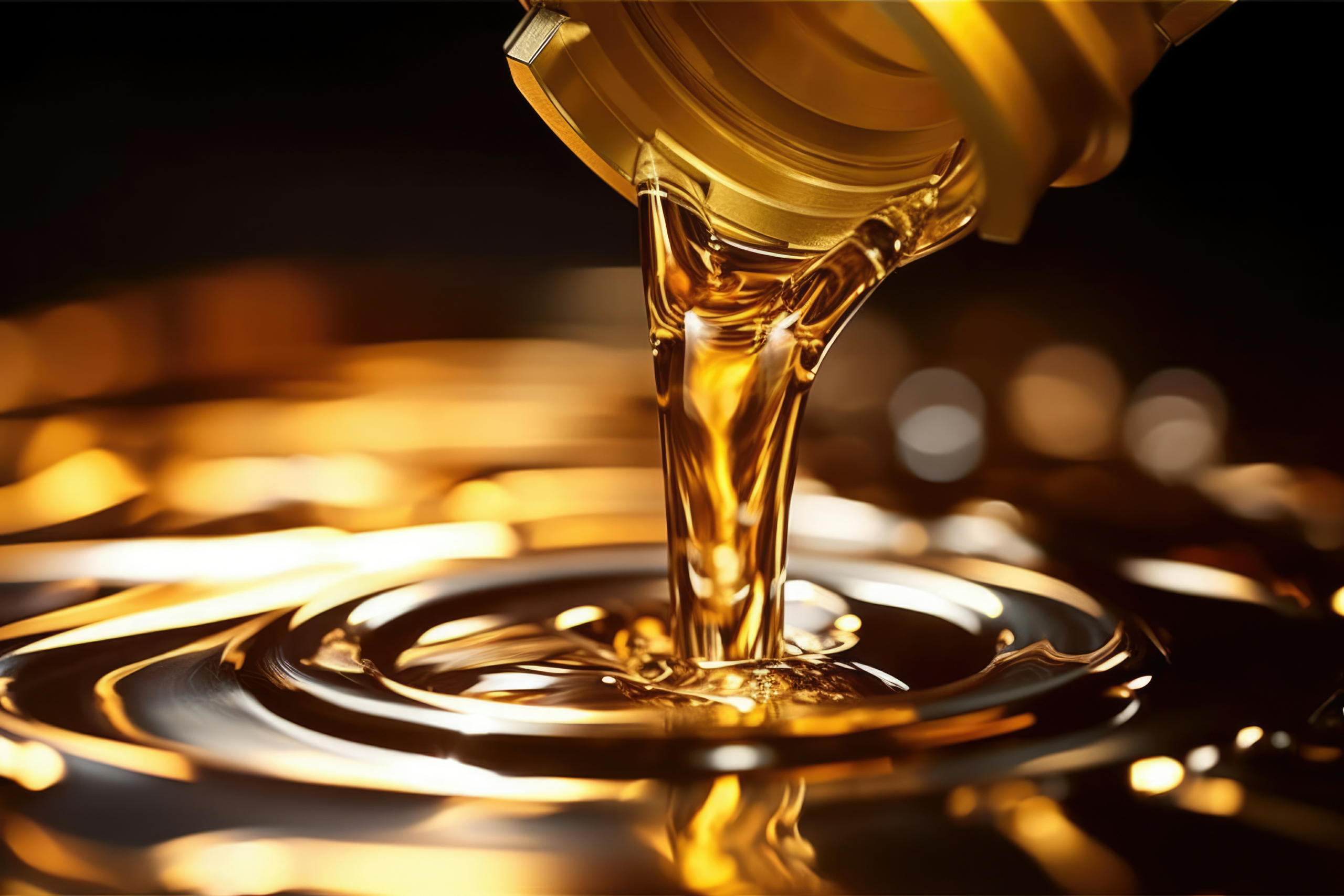
What You Should Know About Gasoline Fuel Additives
A Fuel Supplier’s Perspective On Gasoline Fuel Additives
Fuel additives and treatments for gasoline have been a part of the petroleum industry from almost the very beginning. In fact, fuel additive formulations are blended with gasoline, kerosene, marine diesel oil (MDO), OTR diesel fuel, home heating oil, Jet A, and other fuels. This article will focus on gasoline and gasoline additives.
Some gasoline additives are blended at the fuel terminal. Others may be added by fuel suppliers or distributors. Finally, fuel additives designed for consumers and industry may be added post-sale. These post-sale fuel additives may be introduced into storage tanks or directly into a vehicle’s fuel tank.
Some of the purposes served by fuel additives include:
- Corrosion protection
- Stabilization
- Water dispersal
- Lubrication/lubricity
- Ignition resistance (octane in gasoline)
- Ignitability (cetane in diesel fuel)
Why Fuel Additives Were Introduced
Gasoline is a complex mixture of over 150 hydrocarbons, including paraffins, olefins, and aromatics. It’s an incredibly versatile and useful fuel source by itself. But to meet modern performance, environmental, and safety standards, refiners, fuel distributors, and consumers often mix in various chemicals and additives.
Some fuel additives are aimed at improving engine performance. Some help engines run cleaner, specifically fighting carbon deposits in fuel injection systems. Others are intended to fight knock or fight corrosion and engine wear. One thing that’s certain is that gasoline additives have evolved quite a bit since gasoline first became the number one fuel for ground transportation in the world.
Types of Gasoline Fuel Additives
Most gasoline additives (aside from ethanol) can be categorized into one of six categories. Detergents, which help fight deposits on fuel injectors and valves. Octane boosters, which help performance in higher compression and turbocharged engines. Oxygenates to improve efficiency. Antioxidant blends to improve “shelf life”. Anti-knock formulations to smooth engine operation and volatility modifiers, which help starting.
Here are the specific details on each category of gasoline fuel additive:
Detergent Gasoline Additives
Detergents are the most common additives used in gasoline. They help clean and prevent deposits on fuel injectors and intake valves, improving engine performance and longevity. Some well-known detergents include polybutene amine (PBA), polyisobutylene amine (PIBA), and polyether amine (PEA). PEA is considered the most effective and is used in many premium gasoline. Top Tier gasoline and most other gasoline contain detergents, but some aftermarket fuel injector cleaners, like Chevron Techron, for example, contain concentrated forms of PEA or other cleaning agents to help higher mileage engines stay cleaner longer.
Octane Boosting Fuel Additives
Octane boosters increase the octane rating of gasoline, reducing engine knocking (preignition) and improving performance. Common octane boosters include alkyl lead compounds like tetraethyl lead, but due to environmental concerns, they’ve been largely replaced by safer alternatives like ethanol, methylcyclopentadienyl manganese tricarbonyl (MMT), and ferrocene. Modern gasoline engines have knock sensors that can adjust ignition timing on the fly to prevent knocking as well.
Oxygenate Fuel Additives
Oxygenates, such as ethanol and MTBE (methyl tertiary butyl ether), are added to gasoline to increase its oxygen content. This improves combustion efficiency, reducing carbon monoxide and unburned hydrocarbon emissions. While effective, MTBE has been phased out in most areas due to groundwater contamination concerns. The increase in ethanol blends found in modern gasoline formulations has helped ease the transition away from MTBE as an oxygenate additive.
Antioxidants, Metal Deactivators, and Corrosion Inhibitors
These additives help improve the storage life of gasoline—antioxidants, such as phenylenediamines, and phenols, slow oxidation that can form gums and varnishes. Metal deactivators neutralize the catalytic effect of trace metals that can accelerate fuel degradation. Corrosion inhibitors, like amines or phosphates, protect fuel systems from rust and corrosion.
Antiknock Agents
Antiknock agents reduce engine knocking for smoother performance. Tetraethyl lead was widely used as an antiknock agent but has been phased out due to its toxicity. Today, most gasoline contains no lead, and antiknock properties are achieved through careful selection of hydrocarbons and additives like ethanol.
Volatility Modifiers
Volatility modifiers, such as butane, help control gasoline’s volatility to ensure easy engine starting, warm-up, and prevention of vapor lock. However, excessive volatility can increase evaporative emissions, so gasoline volatility must be carefully balanced.
What’s Important To Know About Gasoline Additives
The most important thing to know about fuel additives in gasoline is that each of them serves an important purpose. It is wise to know what additives are already in the fuel you use and which you may want to add yourself, depending on your purposes. Gasoline additives can help prevent and even clean carbon deposits from inside engines — this is particularly important now that gasoline direct injection has become commonplace. Other gasoline additives can help add lubricity
While these additives enhance fuel performance, quality, and safety, some have potential downsides. For example, ethanol can cause material compatibility issues in older vehicles, while metal-based additives like MMT and ferrocene can increase particulate emissions and spark plug fouling. Therefore, it’s essential to consider these factors when selecting gasoline and additives.
Mansfield Service Partners: Premier Fuel Supplier Since 1932
At Mansfield Service Partners, we have built our reputation by delivering superior products and expert services to customers, without compromise. We are proud to honor the history of our industry while always keeping an eye on the future. We hope you enjoyed our primer on gasoline additives.
If you or your organization are looking for a fuel distribution partner with a rock-solid reputation and a wealth of experience – Mansfield Service Partners is only a phone call away at (800) 683-1331 or you are welcome to email any inquiries to info@mansfield.energy


